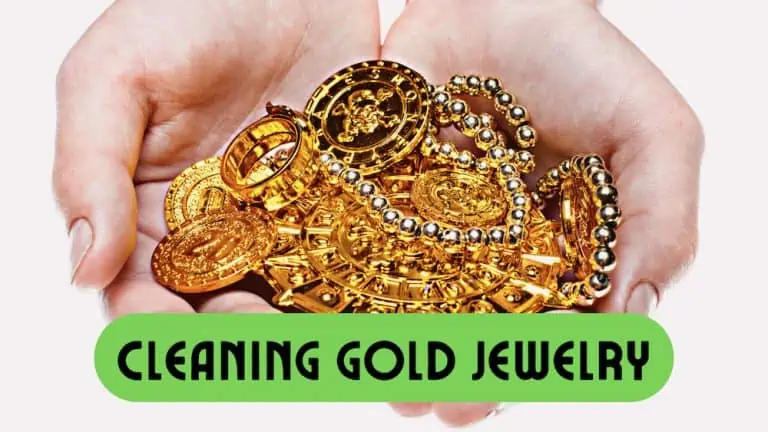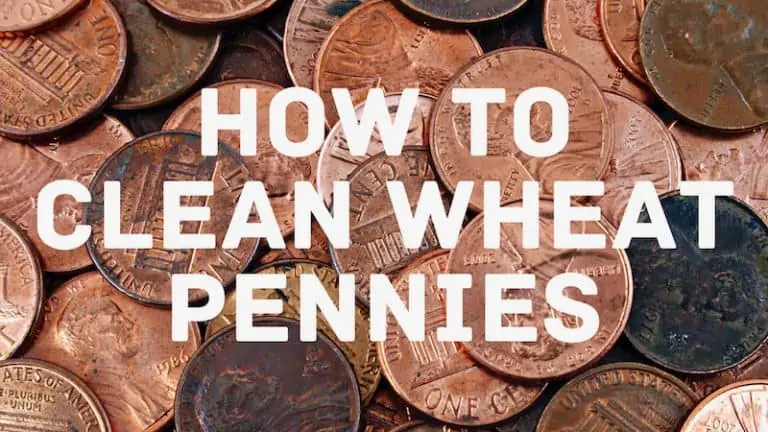How to Clean Corroded Pennies Safely and Effectively
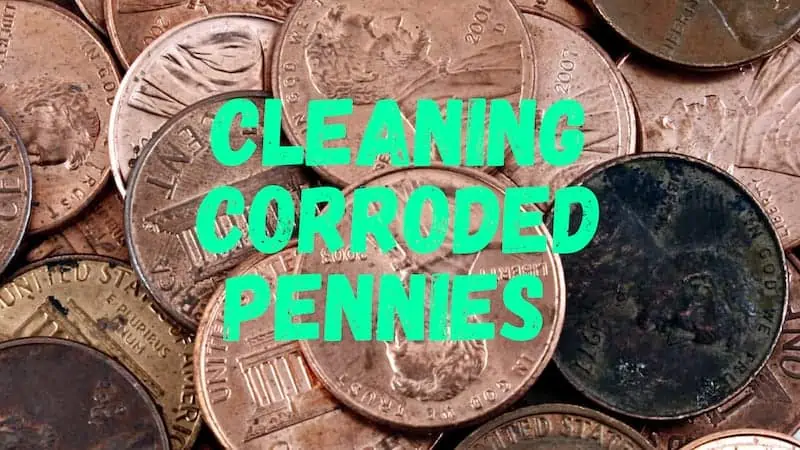
Pennies are made from highly reactive metals like copper or copper alloys, so it is only normal for them to get corroded with time. This fact makes it all the more important for you to know how to clean corroded pennies, especially if you’ve found a few wheat pennies from metal detecting.
In this article, we will go into details about the steps you should take if you want to turn corroded pennies into their original fine, bright form.
We will focus on the materials you need, how to use them, and most importantly, how to carry out the cleaning process in a safe way so that the pennies do not get damaged or lose their integrity.
How to Clean Corroded Pennies
Before we go into the process of bringing corroded pennies back to life, let us look at the cleaning materials you must have.
It is easy to just use any cleaning agent for this, but you need to understand that there are many cleaning materials that will potentially damage the pennies—and even hurt your skin in the process.
The right materials will effectively clean your pennies and will also be safe for your hands. They include:
- Fresh lemon juice
- Salt
- White vinegar
- A toothbrush
- Baking soda
- A small container
- A paper towel.
As you can see, these materials are very cheap and easy to find anywhere. There is even a high chance that you have all of them in your kitchen right now.
So there is no need for you to buy harsh bleaching agents, because you want to clean corroded pennies, these simple ones can help you achieve your goals if you use them properly.
Breaking down the cleaning process
Okay, so you have found some corroded pennies you want to clean and you have also gathered all the materials we listed above — now it’s time for action.
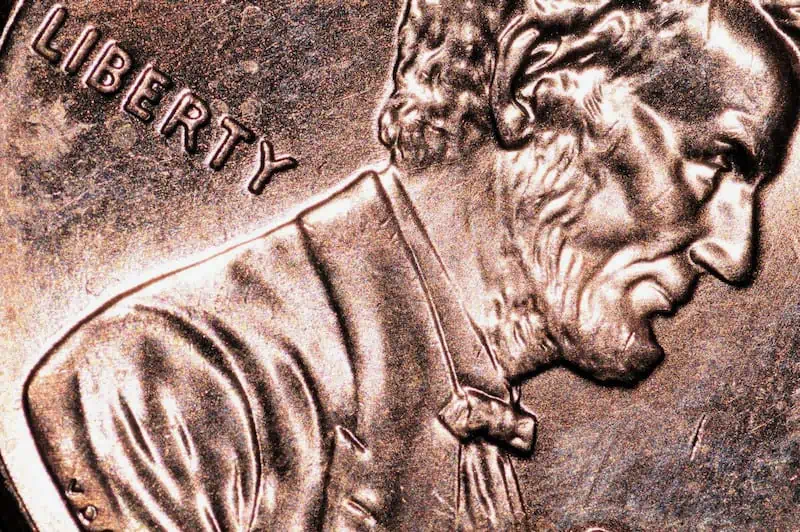
First step
In your small container, measure in a cup of fresh lemon juice (or white vinegar) and add one tablespoon of salt to it. Then mix gently until the salt totally dissolves in the lemon juice.
Second step
Start adding your pennies into the solution, but don’t throw everything inside at once. The level of water in the container should determine when you stop adding pennies into it because they must all get totally submerged into the solution for this process to work.
Third step
This step is basically you leaving the pennies to soak inside the salt and lemon juice solution for 15 minutes. But before you start your timer, make sure none of the pennies are touching themselves. They must all lie flat at the bottom of the container.
Fourth step
At this stage, the corrosion on the pennies must’ve reacted with the lemon and salt solution, so it is time for you to start removing them from the container.
With your paper towel, clean the pennies carefully and watch how they start getting clean and shiny.
Fifth step
It is okay to stop at the fourth step, but if some of the pennies don’t get clean after you use the paper towel to clean them, you can put them back into the solution and soak for an extra five minutes. This should be enough to get them clean.
Sixth step
If your pennies still don’t get clean after the fifth step, you can mix baking soda with a tablespoon of water, then use an old soft toothbrush to gently scrub the surface. You must be gentle.
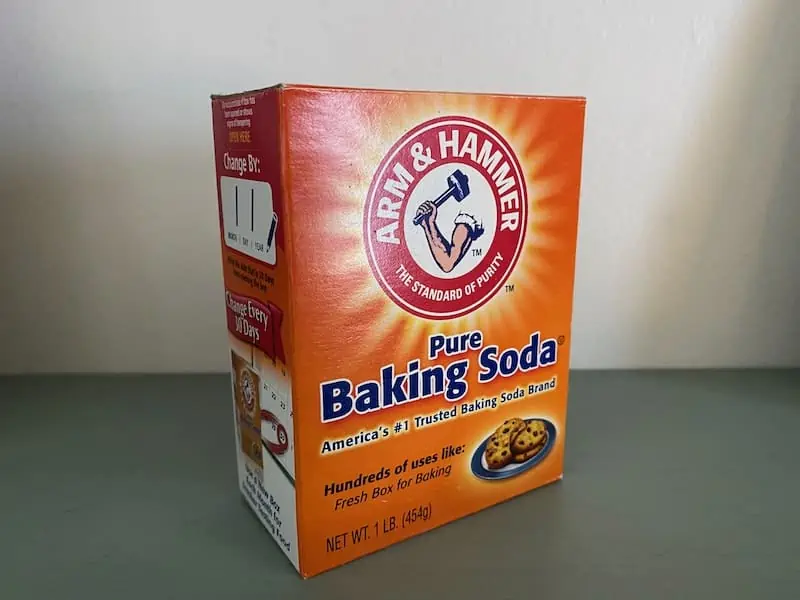
After brushing each penny, rinse with clean water and dry, it should be looking good as new by now.
Will Cleaning My Pennies Damage Them?
You don’t have to sacrifice the quality of your pennies just so you can have them looking good. If you use the right materials and carry out the process in a gentle manner, you can get the best of both worlds — a set of cleaned shiny pennies that are also not damaged.
In fact, there are a lot of people who may suggest that using vinegar will hurt the integrity of your penny by making it tarnish. That would be true if your plan was to only use vinegar to clean a corroded penny. But, when you combine vinegar with other ingredients, it will become a cleaning agent, not a tarnishing agent.
But do note—nothing is 100% safe or 100% fool proof. So my suggestion would be to take a random corroded penny that you don’t care about, and try this cleaning method. If it works for you, stick with it. If it doesn’t work for you, or somehow has hurt or damaged the penny in your eyes, stop using this method and find one you feel is a bit better
Conclusion
We all enjoy the metal detecting finds we discover, and sometimes, even pennies fall into that category. Whether it’s a regular penny or a wheat penny, hopefully you’ve found this article to showcase a helpful method on how to clean a corded penny.
Good luck, my friends.
